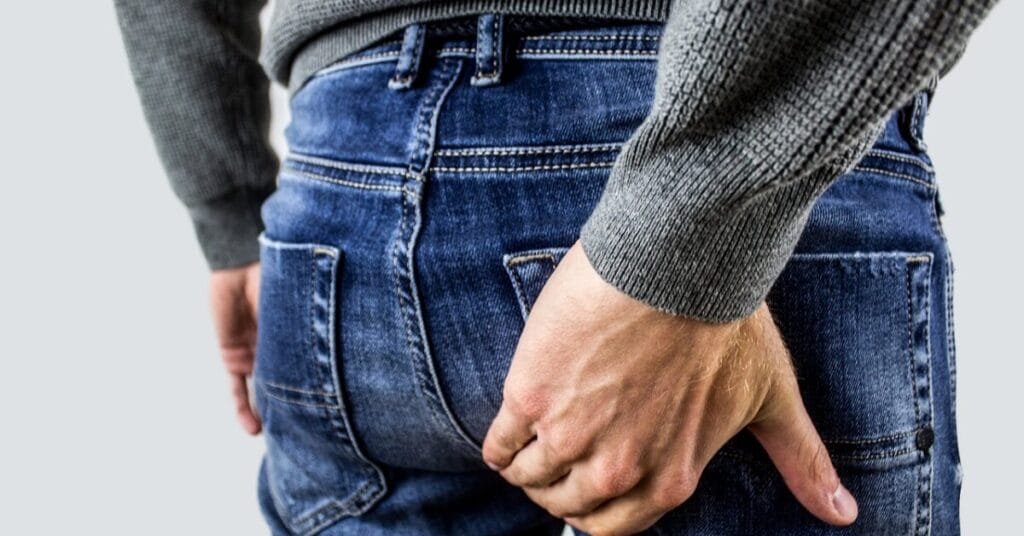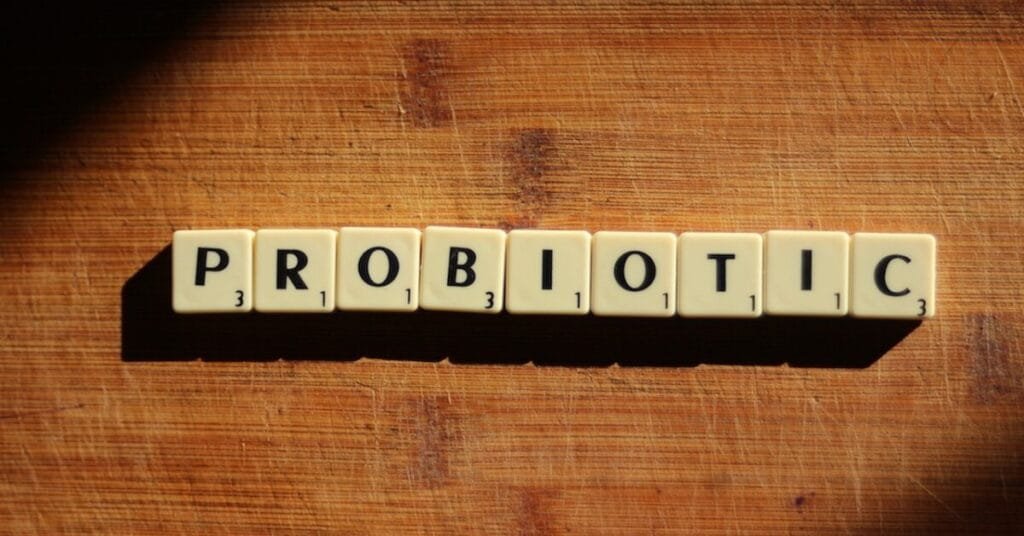The Harrowing Journey of Starvation: What Happens When You Stop Eating for a Week
The First Signs of an Unforgiving Hunger
Imagine this: You take your last bite of food, and the clock starts ticking. As the minutes turn into hours, your body embarks on a desperate mission for survival. What follows is a physiological battle—one that pits resilience against inevitable decline. Buckle up, because this is no ordinary hunger—it’s a relentless descent into the raw mechanics of human endurance. Starvation is begins in this step when you stop eating.
Read this post to know about benefits of bifidobacterium longum
Phase 1: The Calm Before the Storm (First 24–48 Hours)
Energy From Glycogen: The Body’s Quick Fix
At first, your body maintains a semblance of normalcy. It taps into stored carbohydrates—your glycogen reserves housed in the liver and muscles—to stabilize blood sugar levels. You might feel a little hungry, maybe a bit sluggish, but everything seems manageable.
Water Loss: The Silent Dehydration
Here’s the catch: Every gram of glycogen carries water with it. As glycogen depletes, so does hydration. Without sufficient intake, dehydration sneaks in, leaving you feeling drained, dizzy, and disoriented.
Watch What Happens if you STOP EATING FOR A WEEK
Phase 2: The Great Metabolic Shift (48–72 Hours)
Ketosis: Your Body’s Last-Ditch Energy Source
By now, glycogen is history. Your body enters ketosis, an emergency state where it turns to fat for fuel. Ketones flood your bloodstream, supplying your brain and muscles with an alternative energy source. Some people swear by ketosis for weight loss, but in this case, it’s a survival mechanism kicking into high gear.
Read this post to know about how much to workout for weight loss
Muscle Breakdown Begins: A Dangerous Trade-Off
Though fat becomes the primary energy provider, your body isn’t picky—it also begins breaking down muscle proteins for essential amino acids. This process is a biological paradox: your body fights to survive while simultaneously consuming itself.
Phase 3: The Body’s Desperate Plea (4–7 Days)
Fat Stores Deplete: The Slow Burn
Your body clings to its fat reserves like a candle burning at both ends. This isn’t just weight loss—it’s a perilous gamble, where each day without food takes a toll on muscle mass, strength, and energy levels.
Immune System Under Siege
The absence of essential nutrients weakens your immune defenses. Without adequate nourishment, your ability to fight infections plummets. A simple cold could now be a formidable adversary.
Organ Function Begins to Wane
With fat and muscle tissue vanishing, the next victims emerge—your vital organs. The heart, kidneys, and liver struggle to function under extreme deprivation. The body is no longer just hungry—it’s in distress.

The Grim Reality Beyond a Week: The Point of No Return
Severe Nutrient Deficiencies
If starvation continues, your body is robbed of essential vitamins and minerals—vitamin C, potassium, magnesium—all crucial for life. At this point, every heartbeat, every breath, becomes an act of defiance against an unrelenting force.
Multi-Organ Failure and Fatal Consequences
Eventually, the body, stripped of all reserves, begins shutting down. Organs fail one by one. If left without intervention, death becomes inevitable. The body has fought valiantly, but no human can escape the clutches of prolonged starvation unscathed.
ayurvedic medicine for female hormonal imbalance
The Light in the Darkness: Autophagy and Fasting Benefits
Amidst this harrowing ordeal, a fascinating survival mechanism unfolds—autophagy, meaning “self-eating.” This process allows cells to clear out damaged components, rejuvenating themselves. Some studies suggest autophagy may be linked to longevity, but the science is still unfolding. While controlled fasting under medical supervision can be beneficial, starvation is never the answer.
The Mental and Physical Toll
Weakness, Fatigue, and Dizziness
Your body is running on fumes. Energy levels crash, dizziness becomes a constant companion, and even the simplest tasks feel insurmountable.
Irritability and Cognitive Decline
Your brain, deprived of its usual energy supply, struggles. Confusion, irritability, and sluggish thinking replace sharpness and clarity.
Muscle Atrophy and Physical Decline
Each passing day chips away at muscle mass. The body weakens, movements become labored, and strength becomes a distant memory.
A Word of Caution: The Perils of Unsupervised Fasting
While intermittent fasting and short-term fasting have potential benefits, prolonged food deprivation is a dangerous game. Never attempt extended fasting without professional guidance. Starvation is not a challenge—it’s a serious health risk.
Final Thoughts: The Body’s Ultimate Test
Survival without food is a brutal journey, one that showcases the incredible adaptability of the human body, but also its vulnerability. As days stretch into weeks, the body’s battle becomes less about hunger and more about the delicate balance between life and death.
Let this be a reminder: your body is a masterpiece of resilience, but it is not invincible. Listen to it, nourish it, and never take its incredible functions for granted.
See other articles on Nutrition.




